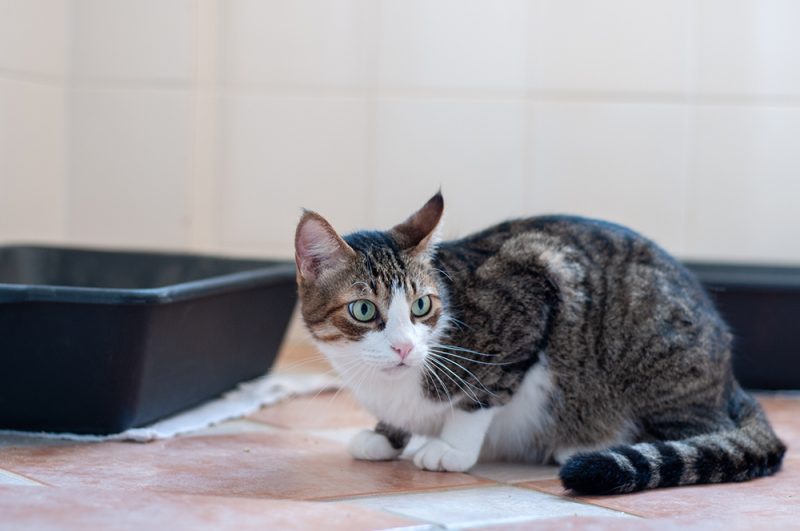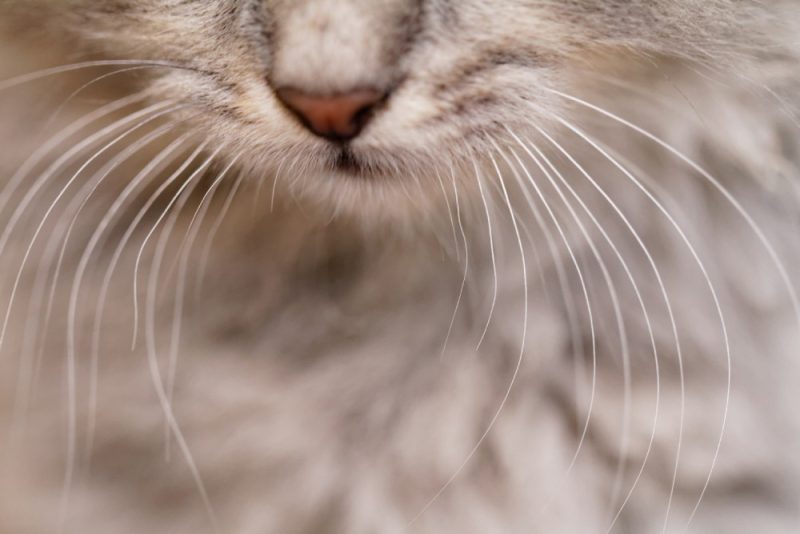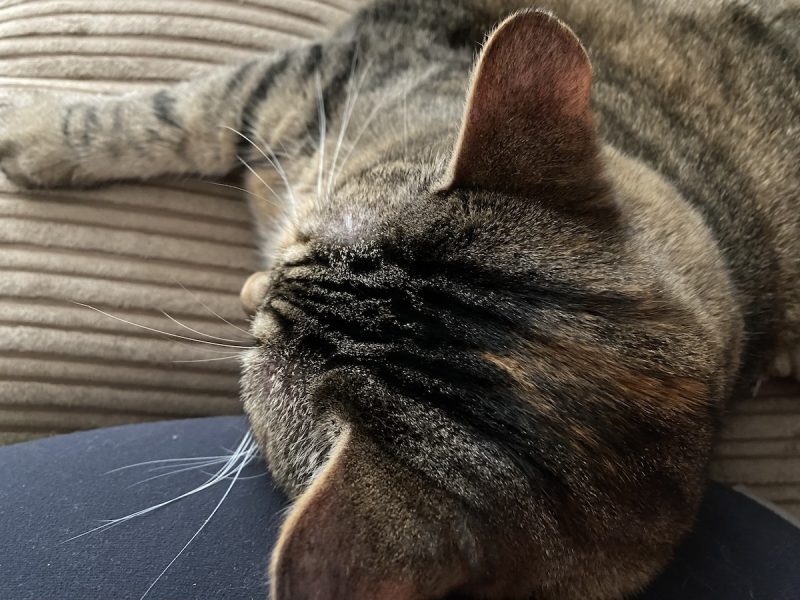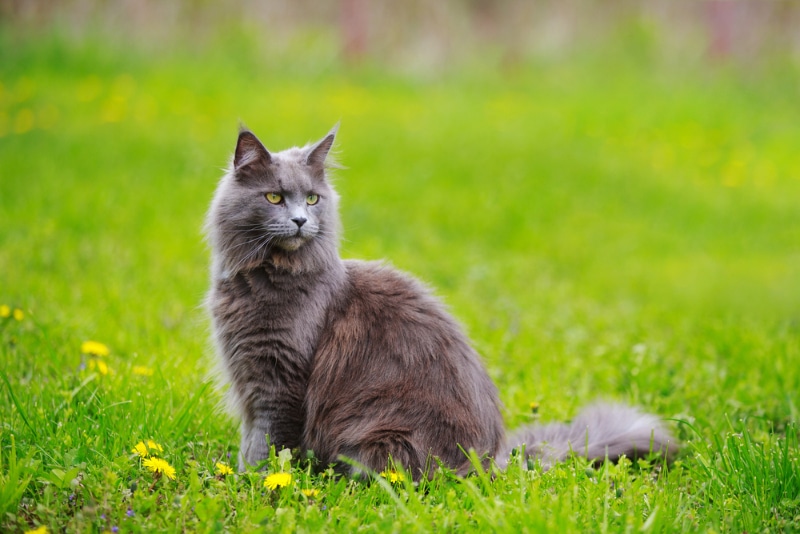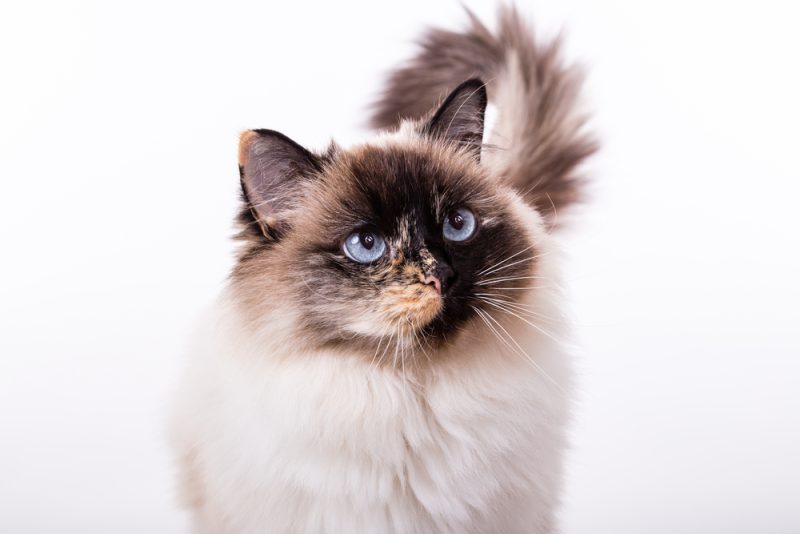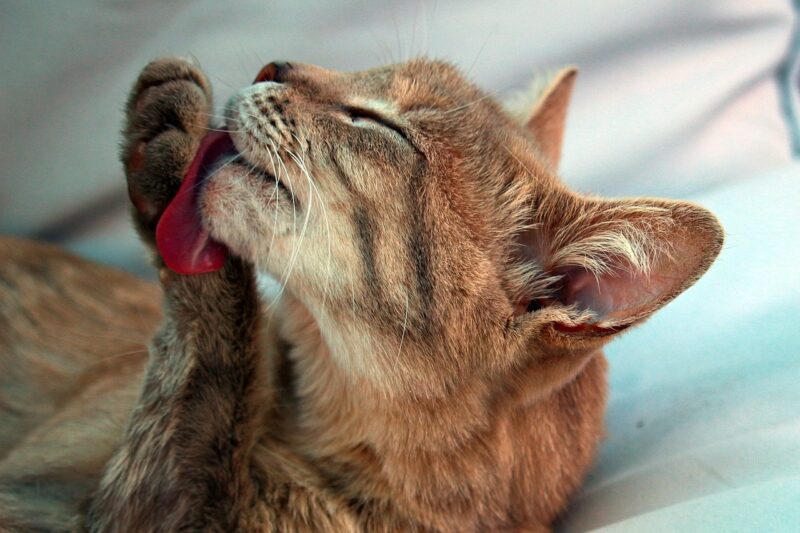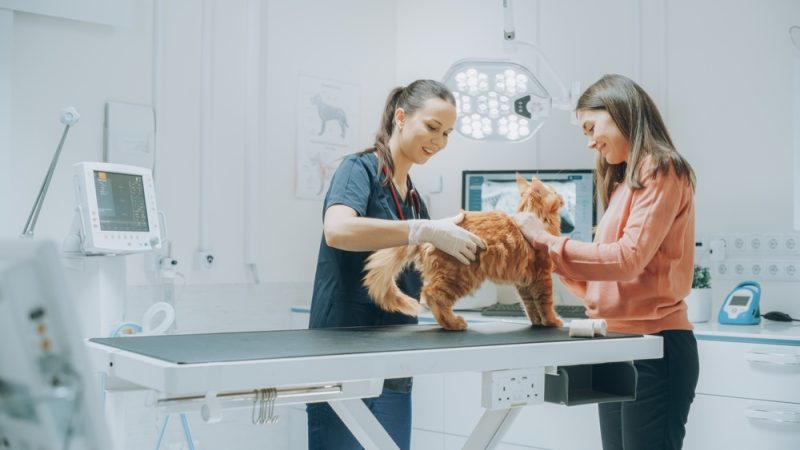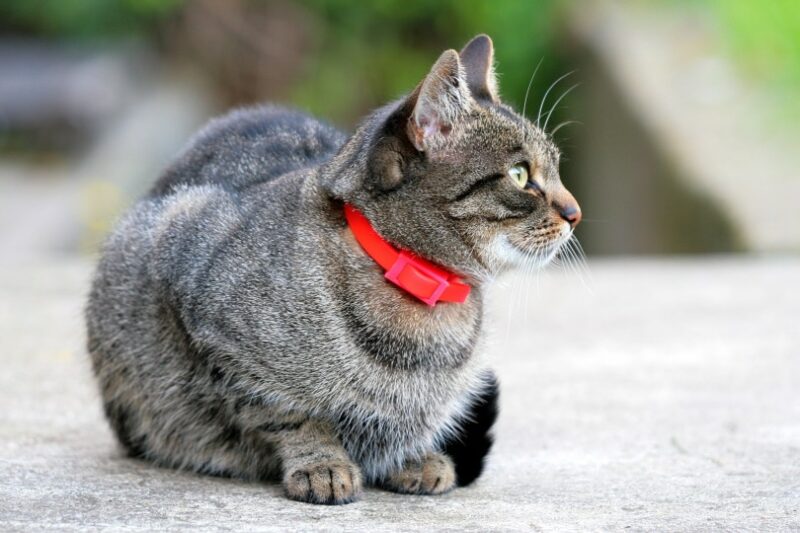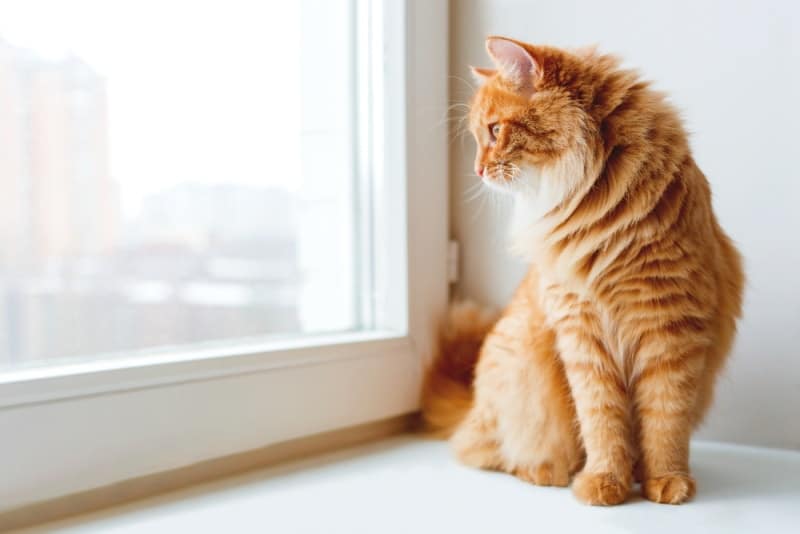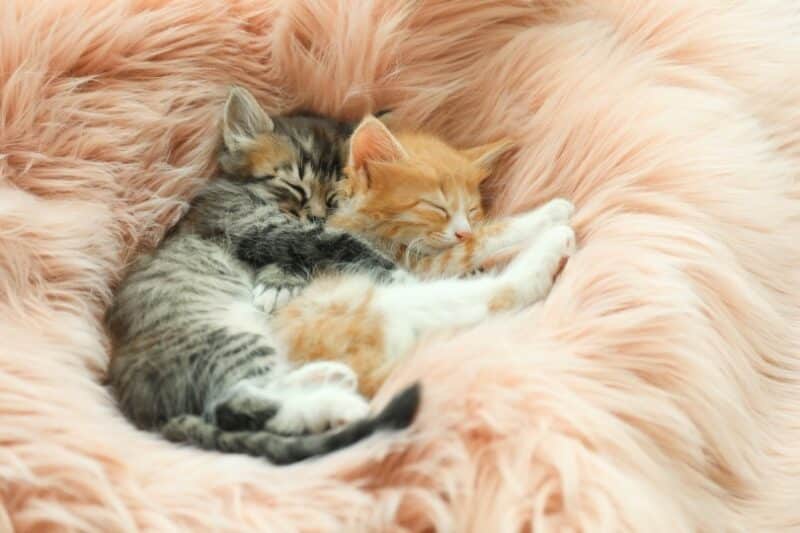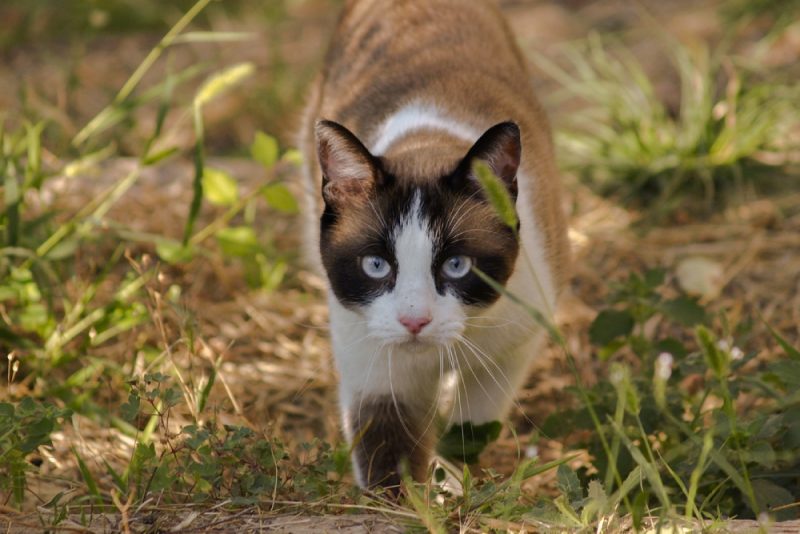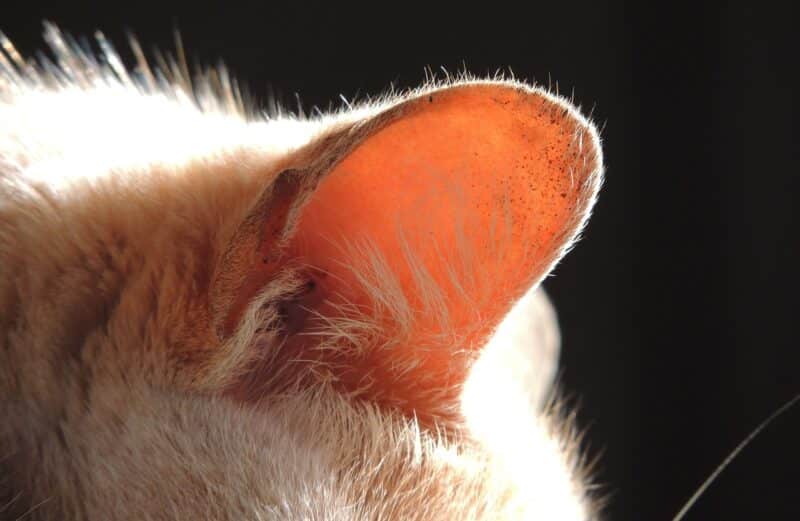Divorce is never easy, and it’s even more complicated when pets are involved. Cats like their routines, and they get attached to their caregivers. Unfortunately, significant changes are on the horizon when it comes to divorce. While you can’t eliminate these changes, you can minimize their impact, with planning and cooperation. Hopefully, you can find some common ground with your ex to help your cats adapt to the new situation.
Presumably, you both love your pets. They are innocent in this situation, and they also don’t understand what’s happening, although they may have sensed the discord in your home. Your kitties are likely stressed already. Let’s find ways to drop it down a notch.

Before You Start
Discussing the situation on neutral ground may help you and your ex-partner to figure out a plan. This preliminary conversation requires honesty. You must decide where your cats will fare best. It may be evident that they are more attached to one of you than the other. Consider who will be moving from your home and where your cats will be most content.
The best scenario is to minimize the changes they’ll experience. That covers everything from their daily routine to their diet to the household activity levels. Determine which of you can provide these conditions, and make decisions based on what’s best for everyone involved.

The 10 Tips on How to Help Cats Adapt to a Divorce
1. Plan the Move
If the cats are moving, plan the move carefully. We recommend keeping the household layout as close as possible to normal. Let your cats explore the moving boxes during downtimes, which will allow them to reassure themselves all is well. While moving is disruptive, try to keep things low-key. Loud noises or sudden movements will stress your pets, but planning ahead can minimize them.
2. Board Your Cats or Sequester Them in a Room
Boarding or keeping your cats in a closed room may be easier and safer for them while a move takes place. It’ll allow you to focus on the task at hand and the emotions it will likely elicit. It’s a difficult time for you, too, so removing the task of looking after your cats can help relieve some stress. It can streamline the process if you don’t have to worry about your cats’ reactions to the upheaval, or them accidentally slipping out of the house while a door is left open, for example.
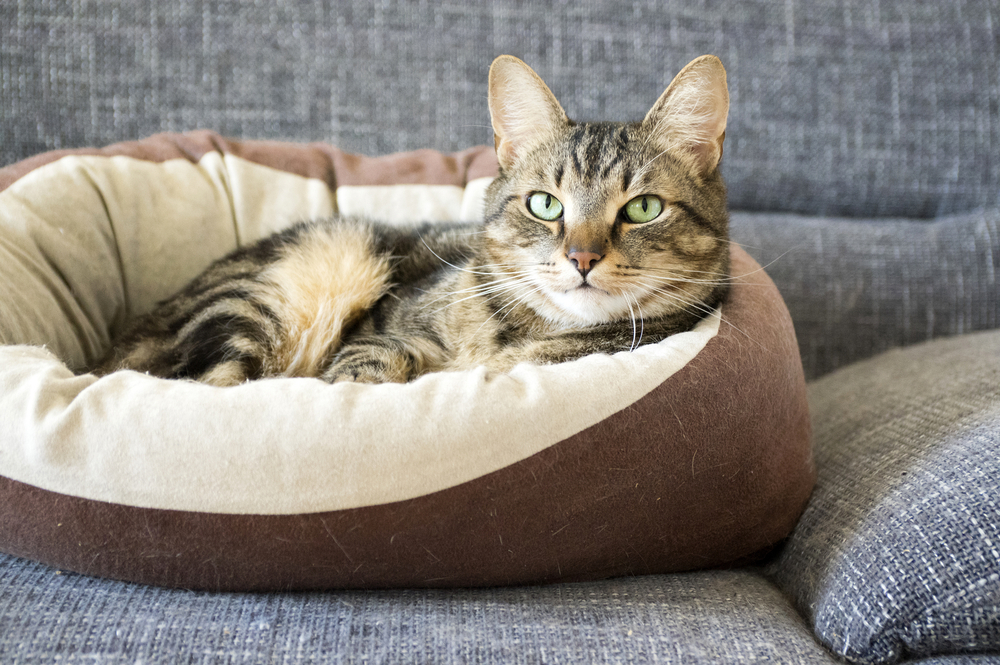
3. Minimize Disruptions
We suggest keeping the disruptions to a minimum. Pack room by room to avoid changing the whole house at one time. If you plan to hire movers, refer back to number 2 on this list. Even the most well adapted cats will find having movers in and out of the house extremely stressful.
4. Leave Some Articles of Clothing With the Person’s Scent
If you and the cats are staying put, and your ex-partner is leaving, ask them if they can leave some articles of clothing behind. Familiar scents can calm your kitties while everything else is topsy-turvy. Felines are well-attuned to smell, and the changes may seem less threatening to them if they can ground themselves with a scent that they know and are comfortable with.
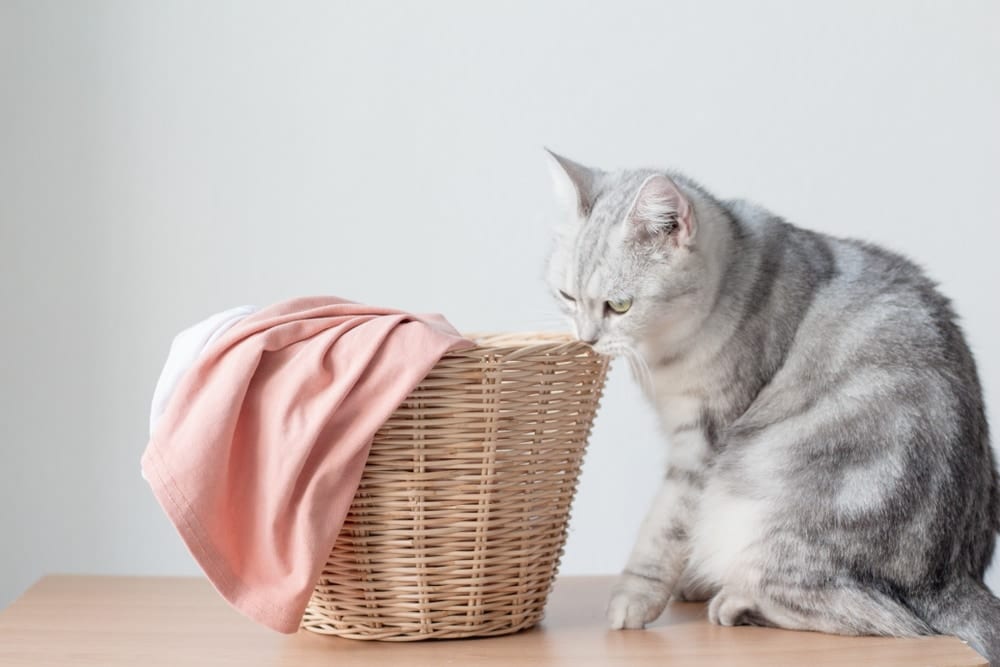
5. Expect Your Pets to Be Stressed
Change isn’t easy. Don’t be surprised if your pets are upset with the situation. They’d prefer everything to stay the same because it makes them feel secure. Divorce can bring tremendous changes they may be ill-equipped to handle. Be patient with them as they cope with the situation. Signs of stress in a cat are usually shown by inappropriate urination (urinating around the house or spraying on the walls), inappropriate defecation, over-grooming and/or hiding.
6. Maintain Their Usual Routine
Try to keep the household routine as close to normal as possible. Don’t change their diet, litter, or daily schedule, if possible. Let them get used to the other changes while keeping their routine as close to normal as you can.
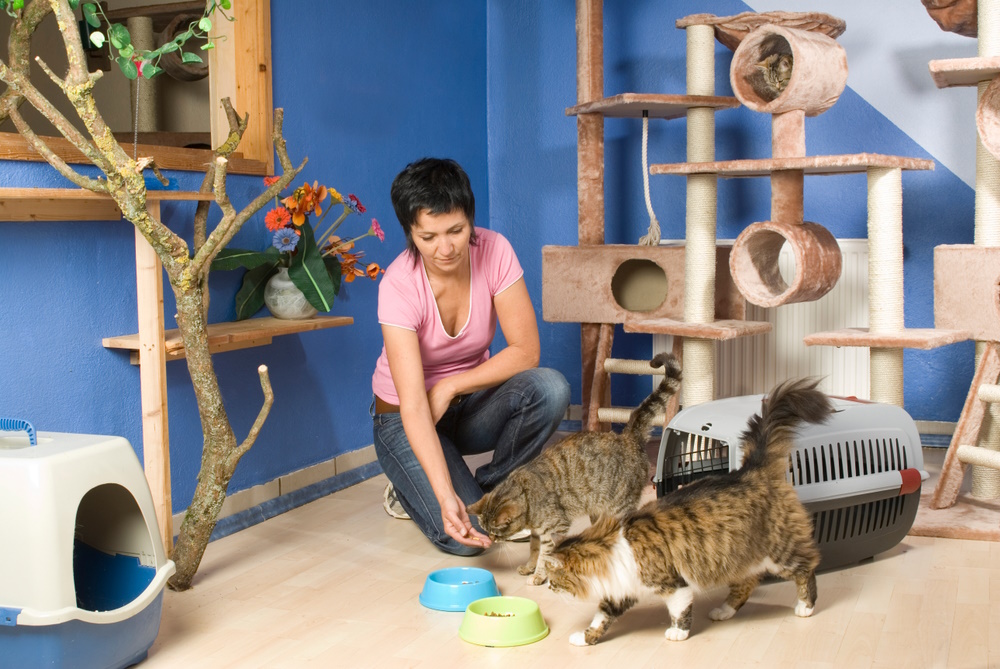
7. Use a Pheromone Product
Some research suggests pheromone sprays can calm cats and help them deal with stressful situations like divorces. These products replicate scents that can reassure your pets that they are safe despite the changes going on around them. It’s another reason we suggested leaving behind clothing with your partner’s scent!
8. Interact With Your Kitties
Try to interact with your cats as normal, even with the disruption in your lifestyle. Remember that your pets will be picking up on the changes in the household, so interacting with them as you always have will reduce their stress levels.
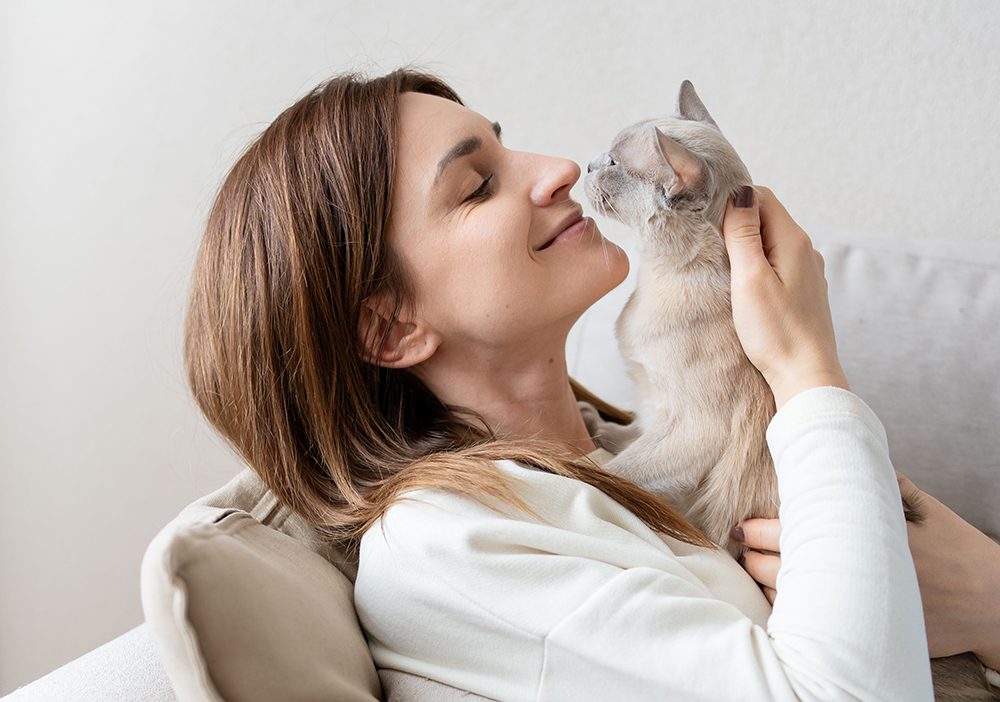
9. Get Some Interactive Toys
Interactive toys are an excellent way to entertain your pets and provide welcome mental stimulation. Cats are intelligent animals. If your partner was the one that played with the cats the most, these products can go some way to making up for that loss. Plus, they’re simply a welcome distraction from all the other chaos that might be going on around the house.
10. Reassure Your Cats
We understand the high emotions accompanying divorce. That makes it essential to reassure your kitties that all is well despite the changes. Reassure your pets with attention and playtime. Create positive associations with their new routines or surroundings by using treats and praise.
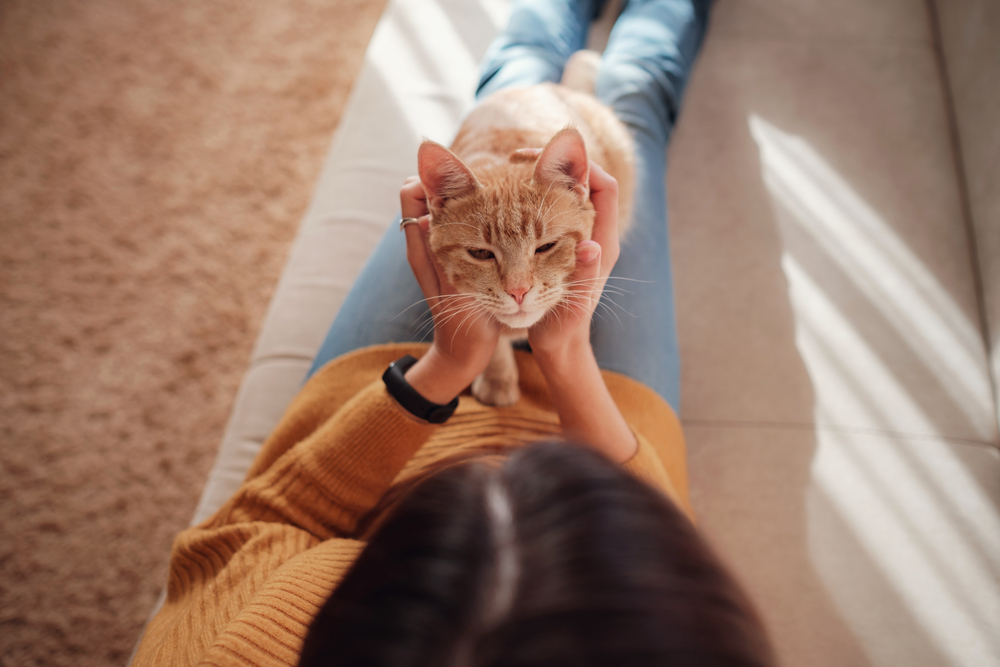

Final Thoughts
Pet owners may underestimate the effects of significant life changes like divorce can have on their cats. Felines are attuned to the goings-on of the household. Instinct causes them to react to change suspiciously. Your goal is to make this new chapter as non-threatening as possible to your kitties. They don’t like change, so you must reassure them that it won’t affect the care and attention they will be receiving to make it a smooth transition.
Featured Image Credit: Lightfield Studios, Shutterstock


